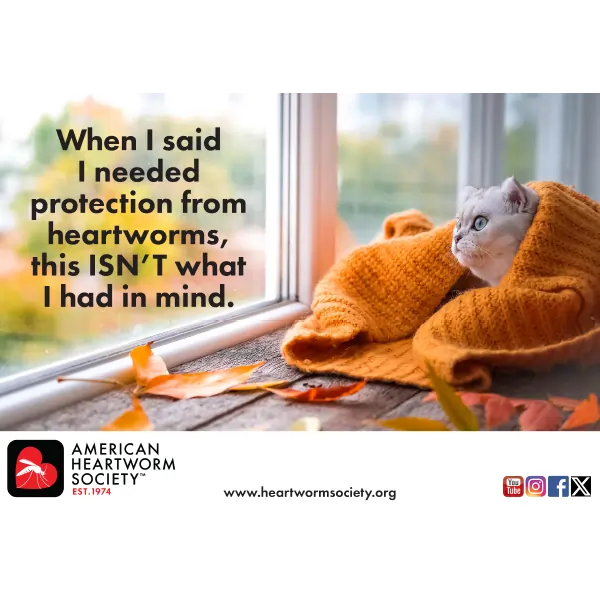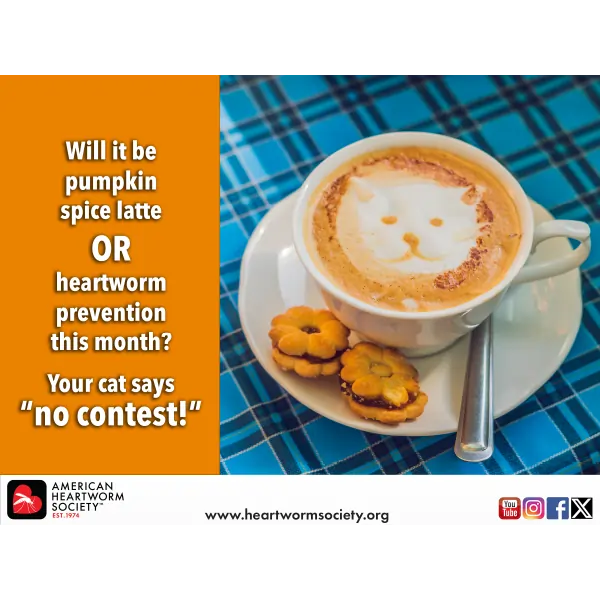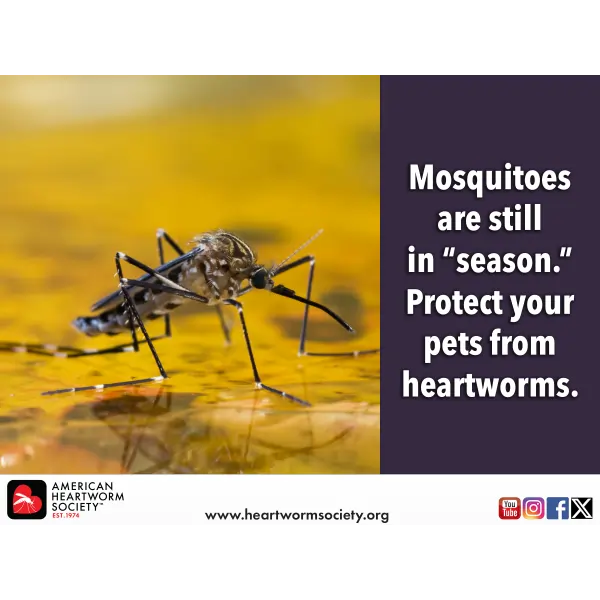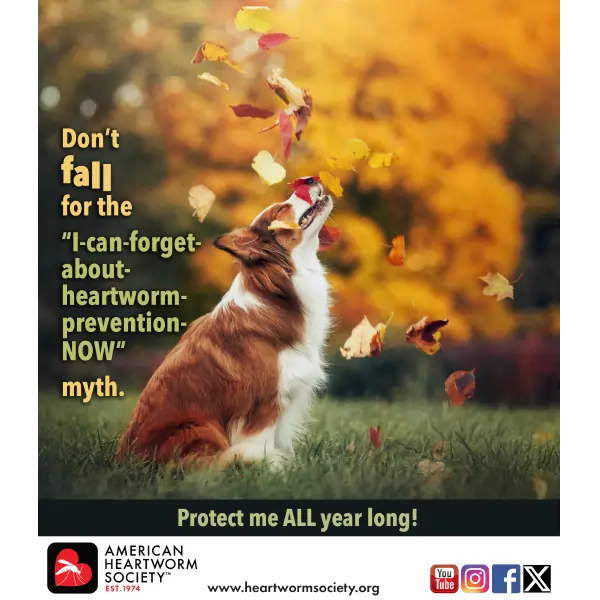01 Heartworm Testing: When, Why, and What Does a Positive Test Mean? (Susan E. Little)
How often should veterinarians or veterinary technicians test canine patients for heartworm disease? What should one do when their patient is heartworm positive? Dr. Susan Little, clinical parasitologist from Oklahoma State University, discusses what a positive heartworm test means in dogs.
Canine | Feline | Diagnosis | Veterinary ProfessionalsCategory: Video
02 Heartworm Testing: The WHY and HOW of Heat-Treating Samples (Susan E. Little)
As a veterinarian or veterinary technician, should you be performing an antigen heartworm test or a microfilaria test? What test should you use in your canine patient? When should we be performing the process of "heat-treating?" Due to the formation of antibodies against heartworm antigen, the process of heat-treating samples may be necessary in your samples? Dr. Susan Little, clinical parasitologist from Oklahoma State University, discusses the process of heat-treating heartworm samples in dogs.
Canine | Feline | Diagnosis | Exotics | Veterinary ProfessionalsCategory: Video
03 Why Not Slow Kill? Patient-Focused Reasons (Clarke Atkins)
If your canine patient was just diagnosed with heartworm, find out if it is indicated or contraindicated to use slow-kill protocols. Not only is slow kill slow, expensive, and potentially dangerous, but it can result in pulmonary emboli and secondary vascular damage. Dr. Clarke Atkins, DACVIM (Cardiology), discusses the controversy of "slow-kill" for canine heartworm disease.
Canine | Treatment | Veterinary ProfessionalsCategory: Video
05 Thoracic Radiography and Canine Heartworm Disease (Clifford H. Berry)
In this American Heartworm Society video, Dr. Clifford Berry, DACVR, radiologist at University of Florida, reviews thoracic radiographic findings associated with canine heartworm disease. Veterinarians practicing in a heartworm endemic area must be able to accurately interpret chest radiographs.
Canine | Diagnosis | Veterinary ProfessionalsCategory: Video
06 Heartworm in Nontraditional Species (Lions, Tigers, and Bears, Oh My!) (Bianca Zaffarano)
While most pet owners are aware of the dangers of heartworm in dogs and cats, it turns out heartworm are opportunist and can affect other species. Veterinarians and veterinary technicians must be aware of the other species that can be affected, in order to best help educate pet owners about heartworm. Dr. Bianca Zaffarano discusses how heartworm can affect nontraditional species such as humans, sea lions, and seals.
Prevention | Exotics | Other | Veterinary ProfessionalsCategory: Video
07 Doxycycline: The Role in Heartworm Treatment, Prevention, and Transmission (Matthew W. Miller)
Dr. Matt Miller, DACVIM (Cardiology), discusses the role of doxycycline, the commonly used antibiotic, in the treatment of heartworm disease. Should veterinarians routinely be using doxycycline to help prevent resistance in treating heartworm? If your patient was just diagnosed as heartworm positive, find out if you should use doxycyline or not.
Canine | Prevention | Diagnosis | Treatment | Veterinary Professionals | IncidenceCategory: Video
08 Echocardiography: Is it Needed in Heartworm-Positive Animals? (Matthew W. Miller)
Should veterinarians be referring all heartworm positive dogs and cats for echocardiography prior to beginning treatment for heartworm? Dr. Matt Miller, DACVIM (Cardiology), discusses the use of echocardiography in the heartworm positive patient.
Canine | Feline | Diagnosis | Veterinary ProfessionalsCategory: Video
09 Thoracic Radiography and Feline Heartworm Disease (Clifford R. Berry)
Cats often have thickening of their pulmonary arteries as part of age-related changes, making thoracic radiographic interpretation of heartworm positive cats more difficult. Dr. Clifford Berry, DACVR, radiologist at University of Florida, reviews thoracic radiographic findings associated with feline heartworm disease.
Feline | Diagnosis | Veterinary ProfessionalsCategory: Video
11 Minimizing Complications of Melarsomine (Stephen L. Jones)
Why is it important to use the American Heartworm Society heartworm treatment protocol? Dr. Tom Nelson, veterinarian at Animal Medical Center in Alabama, discusses what veterinarians should do when a patient is diagnosed as heartworm positive.
Canine | Treatment | Veterinary ProfessionalsCategory: Video
12 Treating Heartworm Disease: Why Use the AHS Protocol (Tom Nelson)
Veterinarians and veterinary technicians, along with those who help rescue and place dogs throughout North America, must be aware of the impact of heartworm in their locales. Dr. Matt Miller, DACVIM (Cardiology), discusses the impact of just ONE positive heartworm dog and how it impacts your neighborhood or town.
Canine | Treatment | Veterinary ProfessionalsCategory: Video








